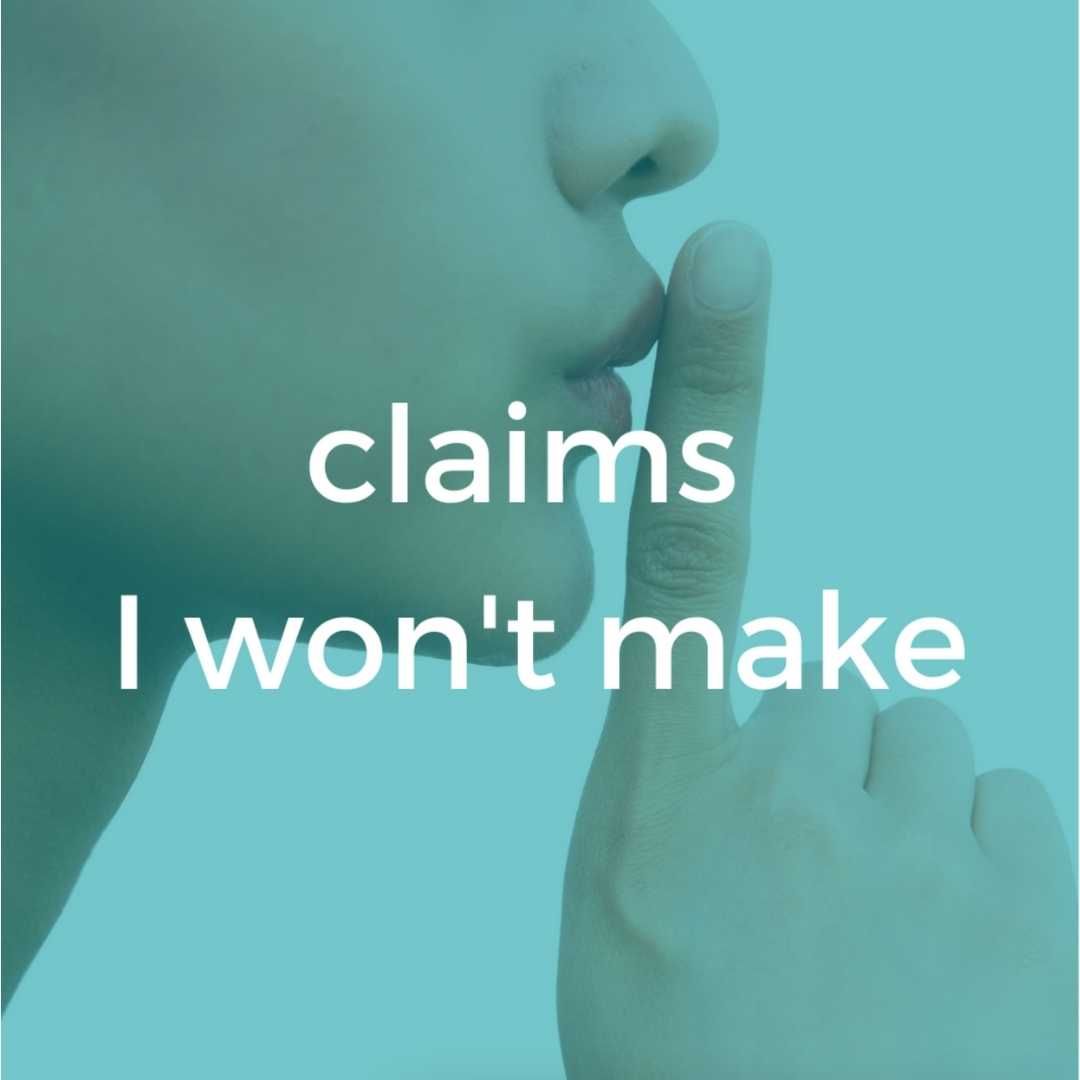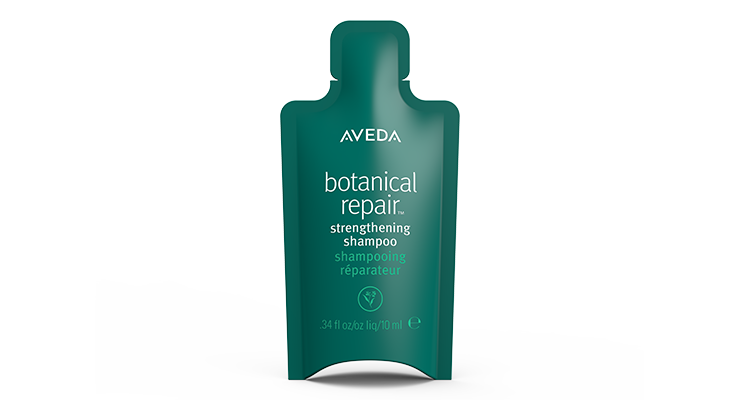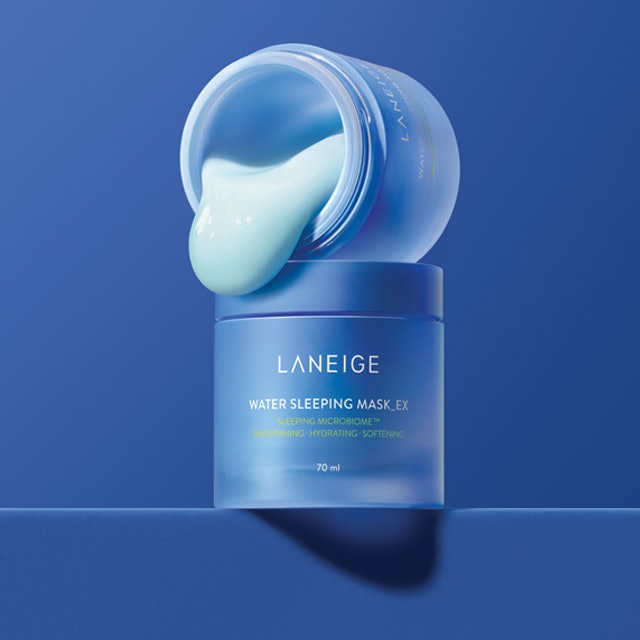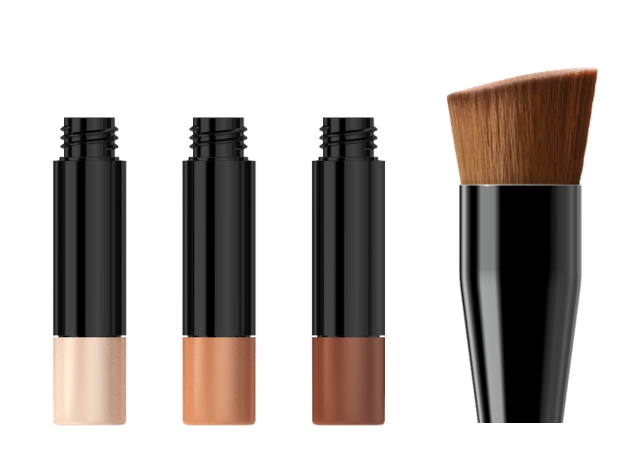
The claims I won’t make in beauty and why
There are claims we can make easily because everybody understands or do they? It’s not clear what people understand or expect from your product or service. Making “green” claims is even more complex since it involves a lot of parameters.
In other words, we need to understand why we make our choices to know why we make our claims, and claims need to take into account the full lifecycle of our products. And if we don’t understand how all is sourced how could you know whether we are doing greenwashing?
The claims I won’t make: Zero waste, Eco-friendly, Sustainable, Green, Cruelty Free, Saving Polar Bears, Ocean Plastics, Carbon positive, Zero plastics, 100% natural, Biodegradable, Clean …
And the list can go on and on and on.
Easy for me to say, I’m not at the marketing of a beauty brand.
Well if we don’t expand on our claims, be more educational nothing will change and backlash will come our way.
The claims I would make: “Reducing waste : we have developed our product with lighter or less packaging to reduce the amount of waste we generate. Our jar now weighs 35gr instead of 65gr with our previous jar. The jar is still made with PET plastic as it’s the most commonly recycled plastic everywhere on the globe. It doesn’t mean it will be recycled, but we have designed it to be fully recyclable, so do your part and throw it in the right bin when you are done using it.”
In other words. Be specific. Be transparent. Educate on the choice you made and the reason behind your new product or innovation.
I won’t use the other claims above because they are too short, too vague and undermine reality. Producing and Consuming generated energy and waste. Nothing is truly zero waste for example. Biodegradable is banned in some countries, because it’s too broad and can be misleading especially when it comes to packaging etc.
If you want further insights, feel free to book a private strategy session with me.
So you can raise the bar in your comms.
OUR PICK OF THIS WEEK'S NEWS
Wilderness in the city in 2022
Why it’s interesting
The five trends identified by WGSN for 2022 are Waterless washing, Fermented Beauty, The two-minute make up bag, Beauty Snacking, Wild Bathing and Coastal-Foraged Ingredients. Interesting mix and a clear sign to return to nature (wild, fermented, foraged beauty) and to simplicity (two-minute, waterless). Authenticity in communications shall follow these trends.
Key Takeaways
- Waterless beauty does not mean no use of water. Watch your claims.
- Wilderness is a strong player
- Marin ingredients will be a strong innovative current especially with all the benefits from biotech

Sampling made green
Why it’s interesting
Estee Lauder Companies with its Aveda brand has developed a new "green" sachets with Xela pack after a 3 years research and development. The sachet, made of paper (with an inner waterproof layer - not clear what material it is) is deemed recyclable in Europe and the UK. A paper packaging is deemed recyclable in the paper stream if the weight of paper is over 50% of the overall packaging.
Key Takeaways
- Reduction of 36-68% in water consumption and 37-64% in emissions compared to multi-laminate sachets commonly used in the industry
- Brand claiming the "prestige beauty’s first-ever paper-based, locally recyclable sachet"

Collaboration on Sustainable Packaging
Why it’s interesting
Amorepacific and Eastman collaborated to create a sustainable packaging solution for Laneige Water Sleeping Mask jars. Using Eastman’s molecular recycling technology to break down hard-to-recycle plastic waste… with materials having the same clarity and mechanical properties as traditional materials.
Key Takeaways
- Cristal Renew - transparent jars up to 12mm thickness and with 30% or 50% recycled content- Recycled content from copolyesters using a mass balance certified process- Process reduces GHG emissions by 20%–50% compared to traditional manufacturing.


